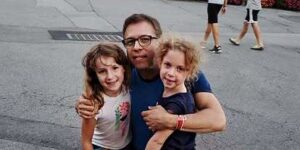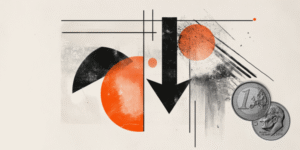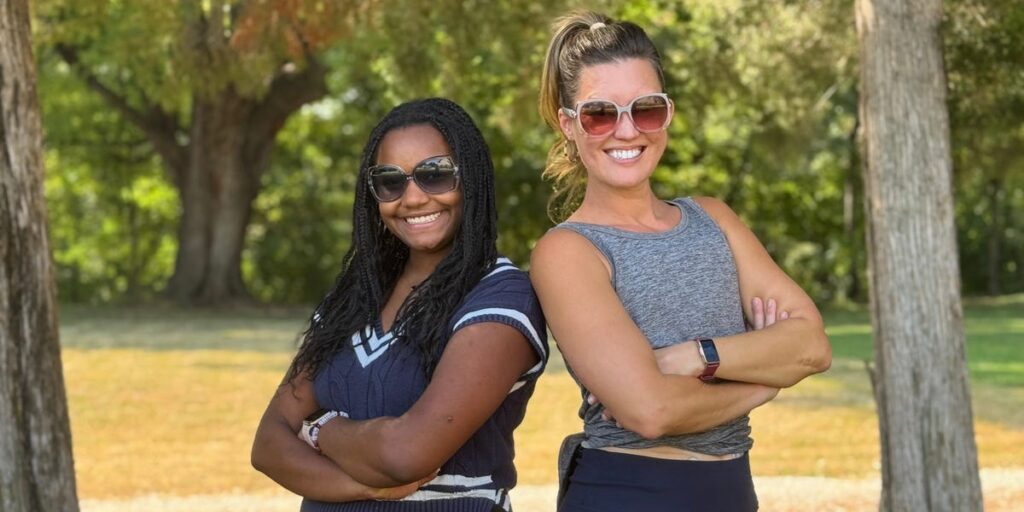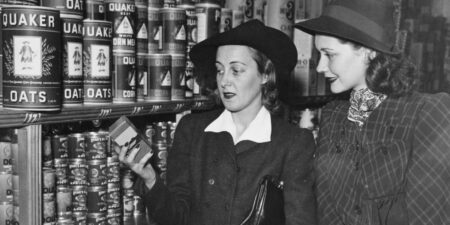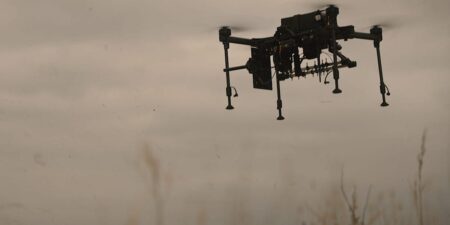I grew up as the oldest of three siblings, and I took my job quite seriously.
I loved any sort of paper supplies, like notebooks, where I could write down all of my plans. I was often called “bossy” because I had no issue letting my younger siblings know what they should be doing, when, how, and why. When questioned, I would simply say, “Because I said so.”
Today, I’m noticing similar habits with my own children.
Oldest children can feel a lot of pressure
Oldest children are naturally pushed into leadership roles. After all, our parents are learning to parent by raising us first, when they have high expectations, but little experience.
There were times during my childhood when I remember being exhausted by the antics of my energetic, spontaneous younger sister and sensitive younger brother. With three kids, there was also almost always a two-against-one situation. I was either paired up with a kid who would do my bidding, or I was the enemy of the younger two, when my demands got to be too much. Being the oldest meant that I definitely had some power and, admittedly, some control issues, but it could also be very isolating to be the one expecting rule adherence.
I’m noticing similar patterns in my own family
Now I have four children of my own, ranging in age from 9 to 16, and I’m starting to see some familiar patterns.
My oldest daughter recently erupted at our weekly family meeting. She shared that she is tired of picking up the slack for her younger siblings. When they don’t fully complete a task, she often becomes exasperated with them and jumps in, finishing the job. She also shared that she doesn’t understand why the standards for her seem to be higher.
Our kids are allowed to express their feelings, as long as they do so respectfully. This was the case for my daughter at the family meeting. She had some big feelings, but she waited until the appropriate time to share them.
As a family, we were able to talk through some of the experiences I had as an oldest child, which made her understand that I understood where she was coming from.
I let her know that while raising kids, parents are practicing and adjusting as we go. This changes, kid-by-kid, as the family grows. The oldest child doesn’t always get the best of us, but we are trying our best.
I’m trying to be more aware of my daughter’s needs as an oldest child
I was proud of my daughter for expressing how this pressure has made her feel. She was doing something I didn’t do (or wasn’t capable of) growing up as an oldest.
I decided I wanted her to learn, use, and live these powerful words: “That’s not my job.”
When I was growing up, I never paused to ask if something my siblings were doing or saying was actually my problem. If they didn’t complete a task my parents asked them to do, it wasn’t my job to step in and do the job. It wasn’t even my duty to remind them to finish up. Yet, I did, repeatedly. This contributes to the oldest child burnout, which is a vicious cycle of doing, exhaustion, and then getting back into the game.
My daughter has implemented the words, and it’s been helpful. To verbally say, in the presence of others, “That’s not my job,” brings awareness, recognition, and personal accountability.
I want my daughter to appreciate the joys, too
There are also many joys to being an oldest child. Even though I wasn’t my siblings’ mother, and my mom reminded me of this all the time when I would get into boss-mode, I experienced a lot of pride when my siblings did well. It wasn’t my job, but I did help raise them, in my own, oldest child way.
I shared with my daughter that there is tremendous pressure to be the first, the oldest, even when parents intentionally try to move their oldest away from the “boss” role. At the same time, being an oldest is an incredibly special position, one I’m glad I have the opportunity to hold. I hope that as my daughter moves from her teen years to young adulthood she also finds the beauty in her sibling order.
Read the full article here


